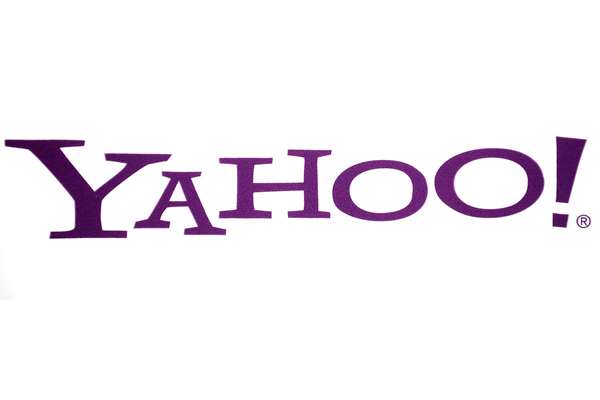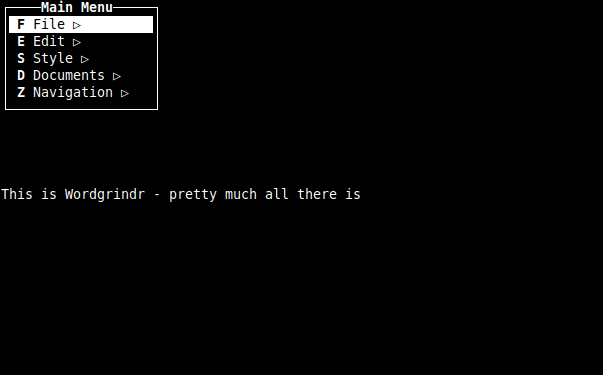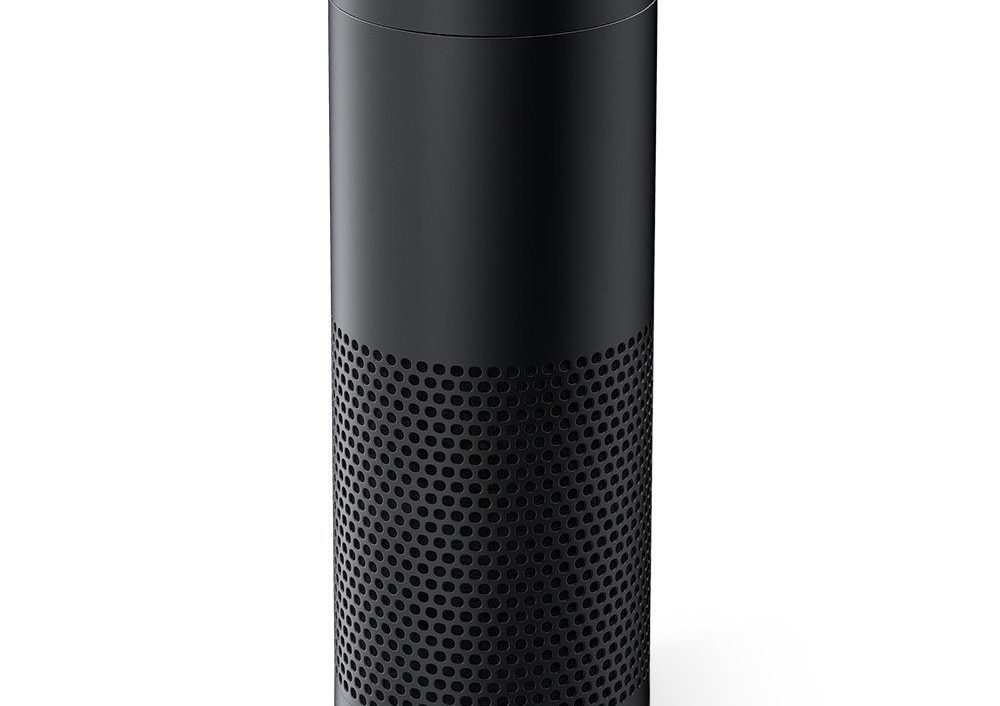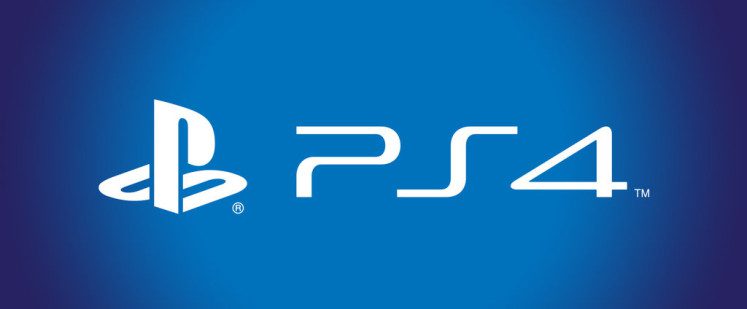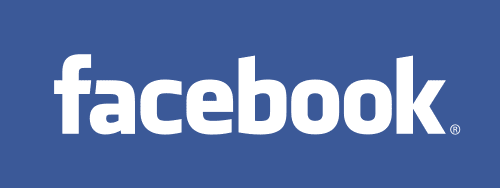
Today I saw more complaints about Facebook moving people to timelines. The strange thing I originally thought that the roll-out was supposed to be complete in the Spring of this year. It is strange that everyone doesn’t already have it already. I snuck into testing with the developer preview hack last September, so it is old news to me.
I’ll start with the fact that I like timelines. I have more concerns about the news feed and not seeing everyone’s stories. Timeline gives me a simple chronological design that lets me dig into my past. I’m huge into lifestreaming, so I love this. I also like the polished design.
Timeline (from my understanding) uses a simpler code base. This allows Facebook to be more agile in its development. Trying to save both the old and the new can cause all kinds of problems. Maintaining two code bases greatly increases your exposure to being vulnerable to outside attacks. Trying to support legacy code and make it work with new functions often exposes security risks themselves. You can view any Microsoft exploit which was introduced in two versions of Windows earlier but was left in for compatibility. This isn’t uncommon.
We do have people who think it isn’t a big deal if their Facebook gets hacked or lose their online information. That Facebook is just a silly thing online to pass the time. For anyone that thinks losing one account isn’t a big deal, please read Mat Honan’s piece at Wired about the hack he suffered through last weekend. You also are not doing any of your friends any favors if your account suffers a hack. Too many Facebook exploits are passed through social connections.
If we move past the security concerns that arise from never moving forward and refining, we can get to the bottom line cost. The old Facebook had a legacy code system that started in 2004. Then feature after feature, cruft after cruft was heaped into the existing code base. While Facebook has a fail often and works with a live code approach, this just can make things worse over time. The timeline was their chance to break free of this old buggy code. This comes at the expense of programmers’ salaries and other operational costs. Running parallel systems must be costing Facebook millions.
This money can be from salaries, operational costs because it requires more server power, the number of servers needed, auditing costs, etc. Running something the size and breadth of Facebook are not cheap. They may have a small number of employees, but this just makes them more agile in the marketplace.
As with any change with Facebook, there are security concerns. You have to make sure your privacy is set up properly. There are many guides out there explaining all the security settings. I’m not going to rehash this here. Google can be your best friend in this area.
All the items are things I submitted to Facebook. That point is important because many people over the last year were bothered by the information that was on their timeline. Just because the data wasn’t easily accessible by your friends, doesn’t mean it wasn’t accessible. I may have known things you had on your Facebook profile that you had long forgotten were there. Regardless, this information was always accessible and viewable. The fact that the timeline makes it easier to skim through doesn’t change that fact.
I know people who are afraid of what their relatives might think because of something they posted. I know people in their thirties and forties that still hide stuff from their parents. This is insane to me. If you can’t admit who you are to your family, you have issues. I have a couple of blocks on certain items for work associates, but that’s it. Everything else is open to everyone on my friend list.
From a user perspective, there isn’t much new functionality. It is the same function wrapped in a new shiny skin. Sometimes we really have to let go of the old so we can move forward. This is especially true when it comes to software. That’s all Facebook is a piece of software. It’s hosted on a website and runs through your browser. Wouldn’t you like the version that is the least buggy and most secure?
If this was truly a bad decision, the Facebook active user count would be shrinking. It actually has been growing faster since the timeline was implemented. From a business decision, it seems Facebook made the correct one. I’m not going to argue that some users have a certain aesthetic they like, but that comes at a cost that Facebook isn’t willing to bear at this time. You are welcome to try other social networks. In theory. if enough people moved over, this would be the time that Google Plus could gain traction.

